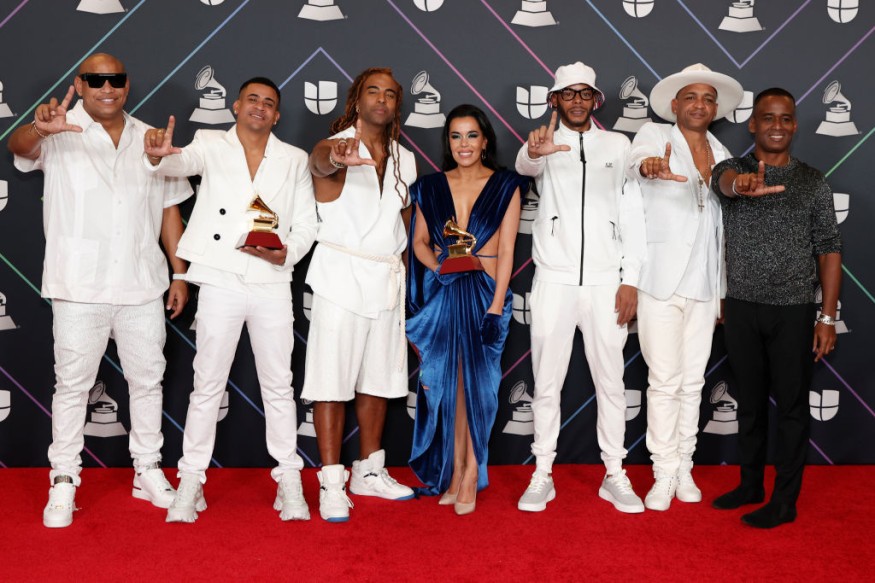Cuba: Latin Grammy Winner and Dissident Artist Sentenced to Prison

Cuba has sentenced Cuban rapper and Latin Grammy winner Maikel Castillo and artist Luis Manuel Otero Alcántara for contempt, public disorder, and desecrating national symbols.
The two well-known government critics are reportedly members of a loose-knit group of dissident artists in the country called the San Isidro Movement.
The country's prosecutor's office said Friday that a court sentenced well-known Castillo, better known in Cuba as "Osorbo," to nine years for attacks and defamation against the country's institutions.
It also sentenced Otero Alcántara to five years for insulting national symbols. The San Isidro Movement was named after the neighborhood where Otero Alcántara lives. It has gained followers and supporters from many prominent Cuban artists and musicians.
According to Associated Press, the arrests of these two prominent Cuban artists have been denounced by the United States government and various human rights organizations. However, the Cuban government has said that it only applied the law as it would to anyone.
Latin Grammy Winner and Artist Gained International Notoriety Outside Cuba
Maikel Castillo was responsible for composing and recording "Patria y Vida," which became viral among disaffected Cubans. According to Wall Street Journal, the Cuban Communist regime banned the rap song.
However, it managed to win two Latin Grammy awards earlier this year, giving the song more international recognition. Castillo is also the first Cuban artist in history to win a Grammy Award. The song won Best Urban Song and Song of the Year.
The song, which means "Fatherland and Life," was a twist on the Communist government's "Fatherland or Death!" slogan. It became an anthem for opposition figures in Cuba before the government clamped down.
Castillo collaborated with various artists for the song, including Alexander Delgado and Randy Malcom, members of the duo Gente de Zona, and Descemer Bueno. Award World reported that the rap song called for change and denounced the Cuban government.
On the other hand, Luis Manuel Otero Alcántara, 34, was a well-known visual artist in Cuba. The AP reported that his works usually featured the Cuban flag. However, the government considered his artworks disrespectful.
Artists all over Cuba have also voiced solidarity with Otero Alcántara, who was hospitalized due to a hunger strike he did after his arrest. He went on a hunger strike to demand that authorities return his confiscated art. His hospitalization sparked protests.
Captured Artists Were in a Sit-in Supporting Another Imprisoned Rapper Critical of the Cuban Government
The two artists were arrested in November 2020 during a sit-in at the residence of Luis Manuel Otero Alcántara. They and many others have gathered to show solidarity with fellow rapper Denis Solís, who was imprisoned for insulting a police officer. Authorities also arrested Félix Roque Delgado and two women during the sit-in.
The three others were trying to hit police officers to halt Castillo's arrest. Delgado was sentenced to five years, while the two women each received three-year sentences.
Cuban officials said they were only enforcing pandemic restrictions at the time of the sit-in. However, the arrests prompted a larger protest by around 200 people outside Cuba's Culture Ministry.
The arrests of the two artists have brought waves of criticism from human rights groups. Human Rights Watch and Amnesty International had called the cases against the two a "farce."
READ MORE : Puerto Rico Independence or Statehood? Major Party to Soon Reconsider or Reaffirm Stance
This article is owned by Latin Post.
Written by: Rick Martin
WATCH: Patria y Vida - Yotuel , Gente de Zona, Decemer Bueno, Maykel Osorbo , El Funky - From Yotuel
Subscribe to Latin Post!
Sign up for our free newsletter for the Latest coverage!

















